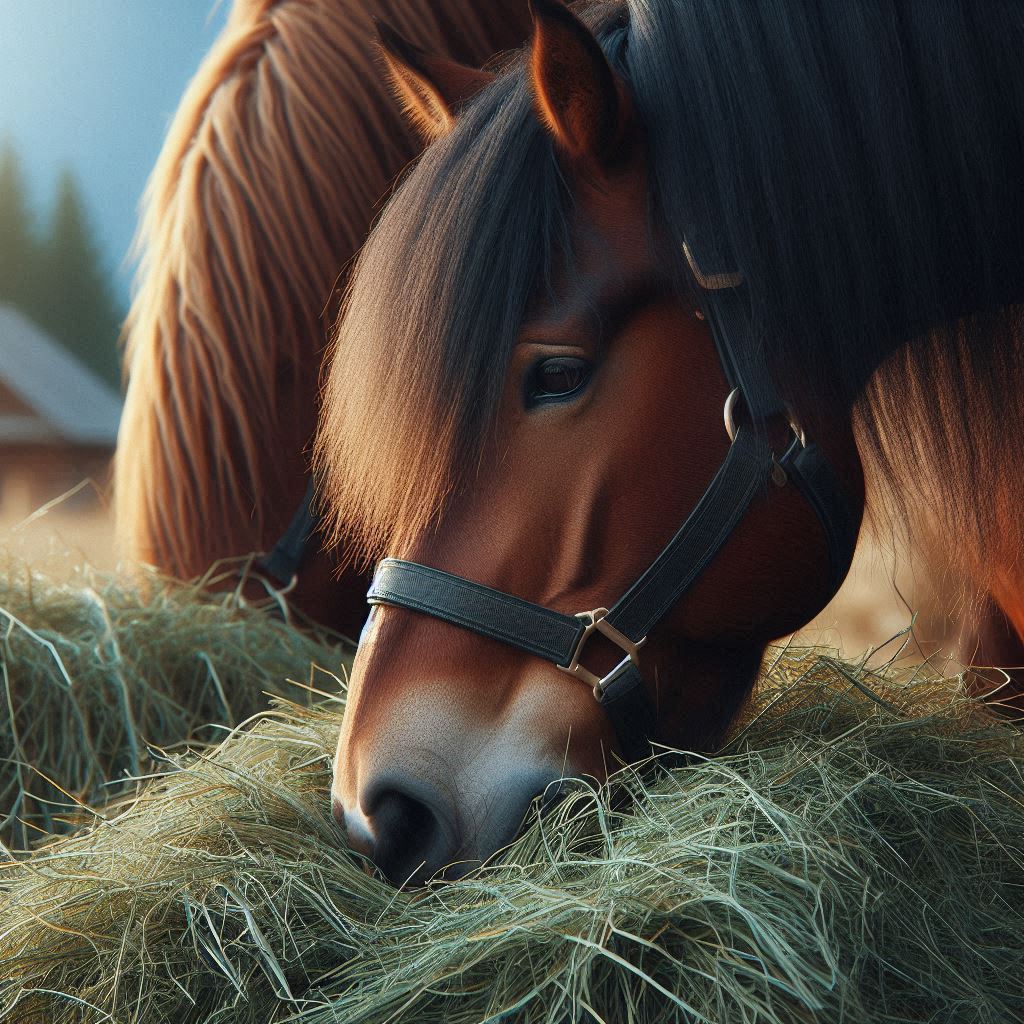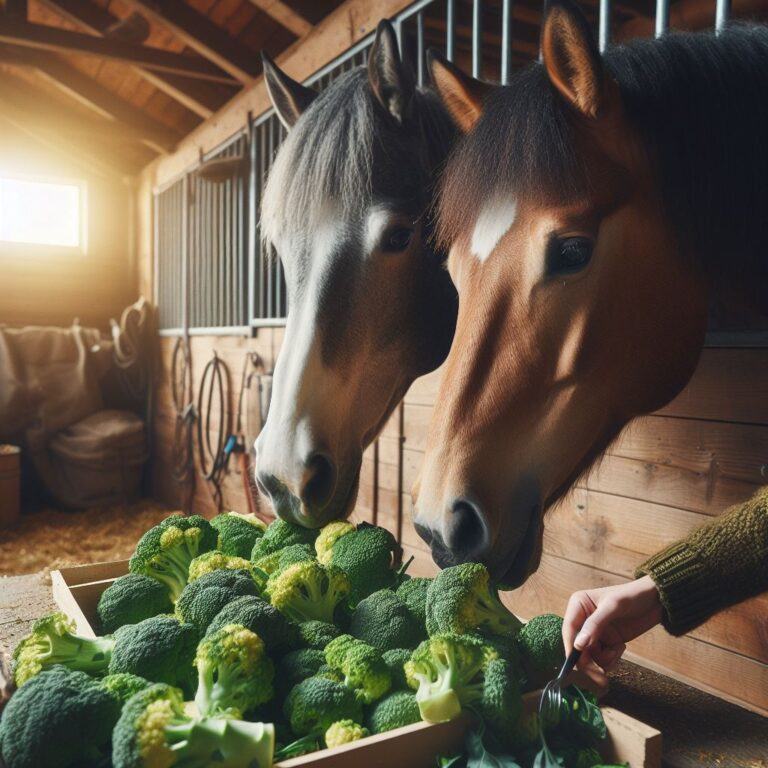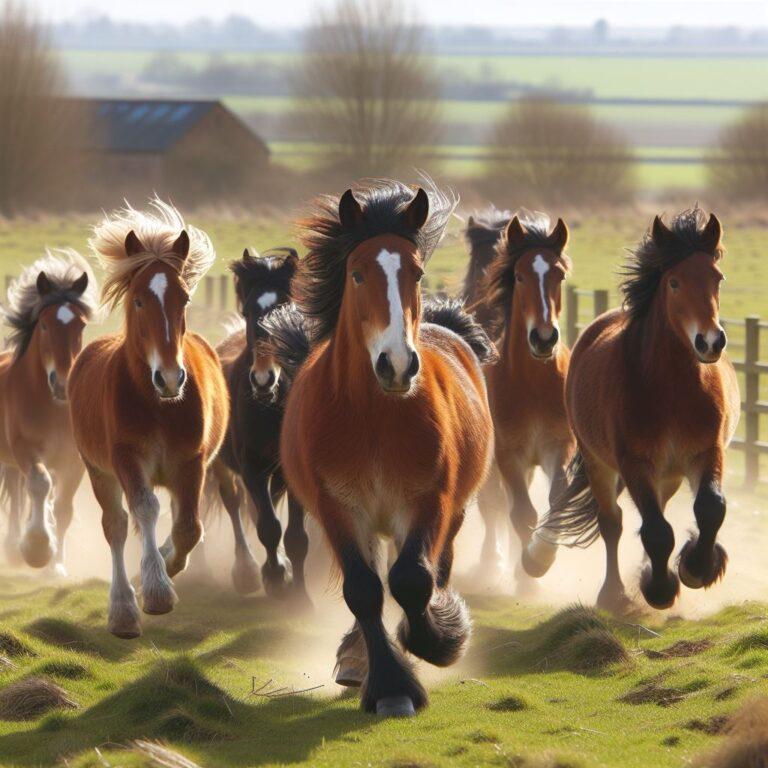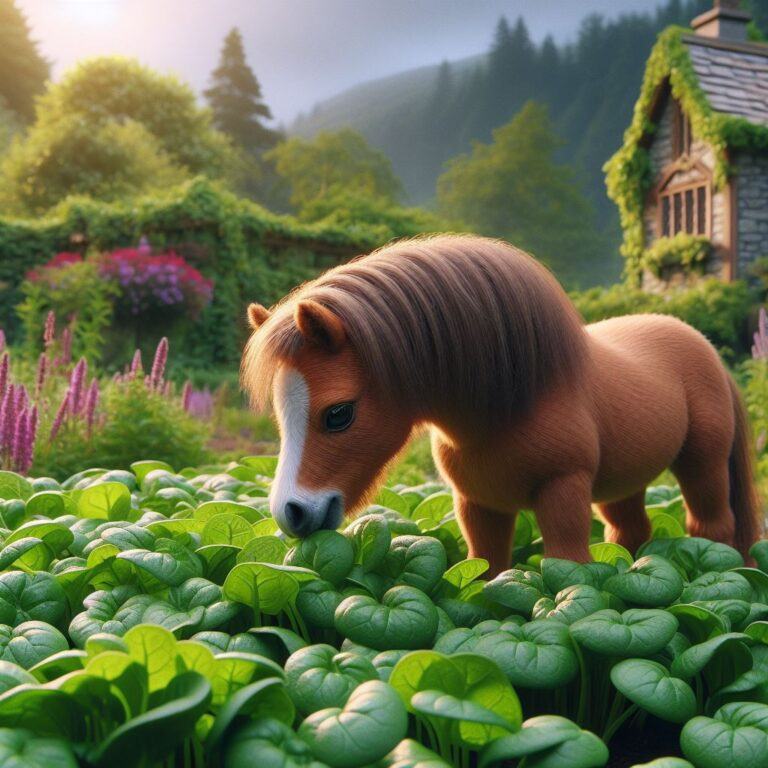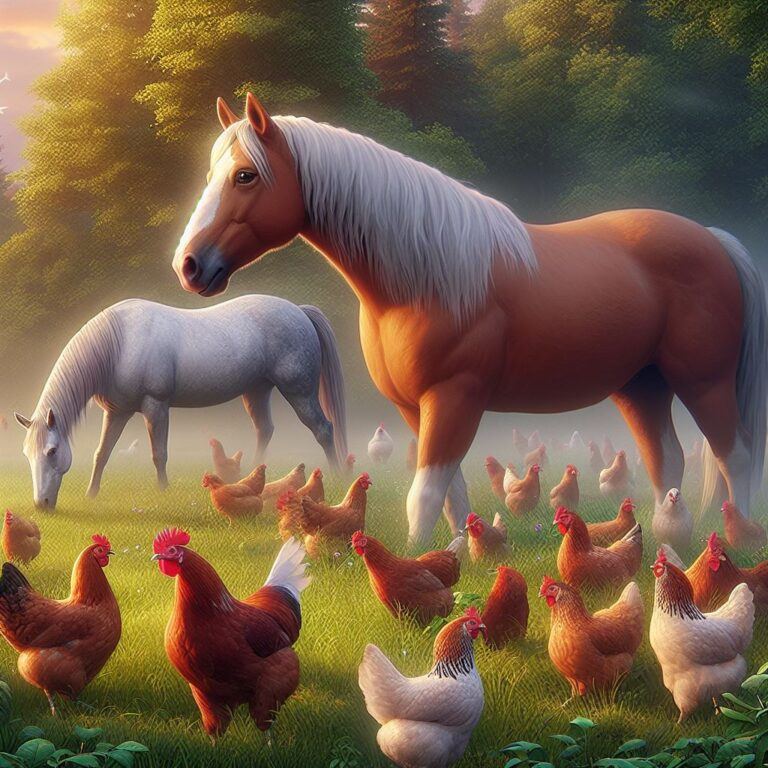Can Horses Safely Eat Rye Grass Hay
Horses CAN safely eat rye grass hay when it’s of high quality and fed in appropriate quantities. It’s essential to understand that the nutritional content of rye grass hay includes energy, protein, and fiber, which can be beneficial in a horse’s diet.
The benefits of rye grass hay include its palatability, horses often find it more appealing than other hays and it can be a good source of certain minerals and vitamins when harvested at the right time.
In terms of energy, this type of hay can be particularly supportive for active or working horses requiring more calories.
Feeding horses rye grass hay does come with potential risks however. If the hay is too rich or fed in excessive amounts, it can contribute to weight gain and other metabolic issues.
It’s essential to recognize these risks to prevent overfeeding and to keep a close eye on each horse’s condition and adjust their diet accordingly.
It’s also worthwhile to compare rye grass hay to other hays. While they all provide basic nutrients, rye grass hay can have a higher nutritional value when harvested at the optimum stage of growth.
But this doesn’t mean it’s the best option for every horse, age, activity level, and health status play a significant role in determining the ideal hay choice.
For example, older horses or those with dental issues might struggle with tougher hays such as alfalfa hay and may find the softer texture of early-cut rye grass hay easier to chew and digest.
On the other hand, young, growing horses might benefit from the higher protein content found in certain other hays.
Identifying High-Quality Rye Grass Hay for Optimal Horse Health
A key factor in feeding horses rye grass hay is ensuring the quality is top-notch. Just as you wouldn’t want to eat spoiled food, the same goes for our horses.
High-quality hay can provide horses with essential nutrients, whereas poor-quality hay can do more harm than good.
Good rye grass hay should be greenish in colour, have a fresh smell, and be free from mold and dust.
The stage at which rye grass is harvested can greatly affect its nutrient levels.
Ideally, it should be harvested at the stage when the seed heads are just emerging, which is typically when the grass has the highest nutritional value.
Hay quality isn’t just about the grass, it’s also about how it’s handled from field to stable.
Proper curing, storage, and moisture control are vital in preserving hay’s quality. Hay that’s baled too wet can spoil and become a breeding ground for mold and bacteria, which can cause respiratory issues and other health problems in horses.
Before introducing rye grass hay, watch for signs of spoilage like a musty odor, discoloration, or slimy texture. Introducing new hay into a horse’s diet should be done gradually.
Lastly, finding a reliable supplier is crucial. Building a good relationship with hay suppliers who understand and consistently provide high-quality hay is beneficial.
Having a knowledgeable supplier means they can offer specific cuts of hay best suited to our horses’ needs based on age, activity level, or specific dietary requirements. My supplier is top notch!
Best Practices and Precautions for Feeding Horses Rye Grass Hay
When considering rye grass hay for our horses, it’s essential to respect the need for proper balance and moderation in their diets.
An appropriate amount of rye grass hay can provide numerous benefits, but like any feed, it should be given in correct portions based on our horse’s size, workload, and overall health.
Introduce rye grass hay to your horse’s diet GRADUALLY. Sudden changes can upset their digestive system, leading to discomfort or colic.
Start with small amounts mixed with their current forage and steadily increase over a period of weeks.
Pay attention to how your horse reacts to rye grass hay. Any signs of digestive upset, changes in stool consistency, or lack of appetite warrant immediate consultation with a vet.
For a well-rounded diet, rye grass hay should be part of a strategic feeding plan that incorporates diverse feed types.
Ensure that your horse receives all necessary nutrients by consulting a reputable horse nutritionist.
Lastly, I cannot stress enough the importance of regular veterinary check-ups.
These will help monitor your horse’s health, facilitate adjustments to their diet if needed, and ensure the choice of rye grass hay supports your horse’s well-being.

